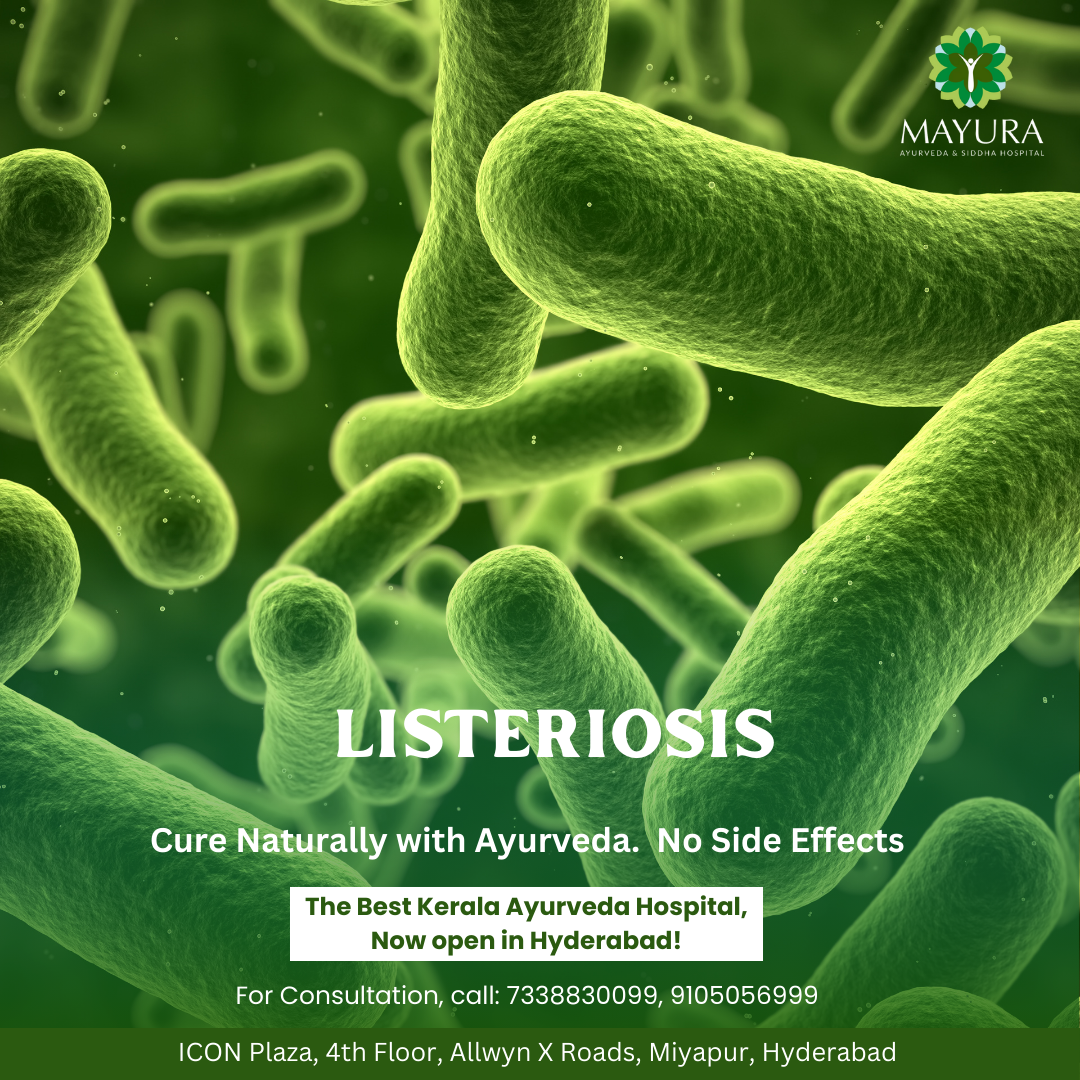Listeriosis is a serious infection caused by the bacterium Listeria monocytogenes. While relatively rare, it can lead to severe illness, particularly in vulnerable populations such as pregnant women, newborns, the elderly, and individuals with weakened immune systems. Understanding the symptoms, causes, and preventive measures is essential for protecting your health and that of your loved ones.
What is Listeriosis?
Listeriosis is primarily a foodborne illness that occurs after consuming food contaminated with Listeria bacteria. Unlike many other bacteria, Listeria can thrive and multiply at refrigerator temperatures, making it particularly insidious.
Symptoms of Listeriosis
The symptoms of listeriosis can vary depending on the individual and the severity of the infection. Common symptoms include:
1. Fever: A high fever is often the first sign of listeriosis.
2. Muscle Aches: General muscle aches and stiffness are common.
3. Nausea and Diarrhea: Gastrointestinal symptoms such as nausea, vomiting, and diarrhea can occur.
4. Headache: Persistent headaches may be experienced.
5. Stiff Neck and Confusion: Severe cases can lead to symptoms such as a stiff neck, confusion, loss of balance, and even convulsions.
Symptoms in Specific Populations
1. Pregnant Women: Symptoms may be mild and flu-like, but the infection can lead to severe complications such as miscarriage, stillbirth, premature delivery, or life-threatening infection of the newborn.
2. Newborns: Symptoms can include irritability, poor feeding, fever, and vomiting.
3. Elderly and Immunocompromised Individuals: These individuals may experience more severe symptoms and complications, including meningitis and septicemia.
Causes of Listeriosis
Listeriosis is primarily caused by eating food contaminated with Listeria bacteria. Common sources of contamination include:
1. Unpasteurized Dairy Products: Milk, cheese, and other dairy products made from unpasteurized milk are high-risk foods.
2. Ready-to-Eat Meats: Deli meats, hot dogs, and pâtés can be contaminated if not handled or cooked properly.
3. Raw Vegetables: Contaminated soil and water can infect raw vegetables.
4. Seafood: Smoked and raw seafood products can harbor Listeria.
5. Processed Foods: Soft cheeses, refrigerated pâtés, and certain processed foods can also be sources of contamination.
Prevention of Listeriosis
Preventing listeriosis involves practicing good food safety habits and being mindful of the foods you consume. Here are some key prevention tips:
1. Proper Food Handling: Wash hands, utensils, and food preparation surfaces thoroughly with soap and water before and after handling food.
2. Cook Foods Thoroughly: Ensure meats, poultry, and seafood are cooked to safe internal temperatures.
3. Avoid Unpasteurized Products: Consume only pasteurized dairy products.
4. Separate Raw and Cooked Foods: Keep raw meat, poultry, and seafood separate from other foods to prevent cross-contamination.
5. Refrigerate Foods Properly: Maintain refrigerator temperatures at or below 40°F (4°C) and freezer temperatures at or below 0°F (-18°C). Avoid consuming refrigerated perishable foods that are past their expiration dates.
6. Be Cautious with High-Risk Foods: Pregnant women, the elderly, and immunocompromised individuals should avoid high-risk foods such as soft cheeses, deli meats, and refrigerated smoked seafood.
Conclusion
Listeriosis is a potentially severe infection that underscores the importance of food safety practices. By being aware of the symptoms, understanding the causes, and implementing preventive measures, you can significantly reduce the risk of listeriosis for yourself and your family. If you suspect you have symptoms of listeriosis, seek medical attention promptly to ensure timely and effective treatment.
















